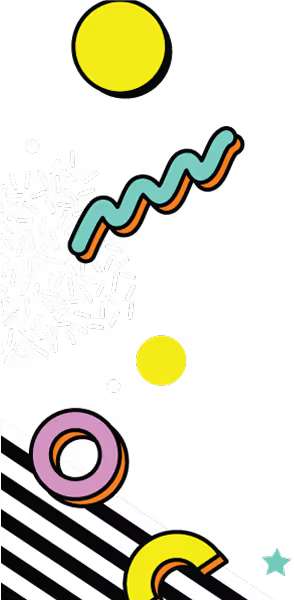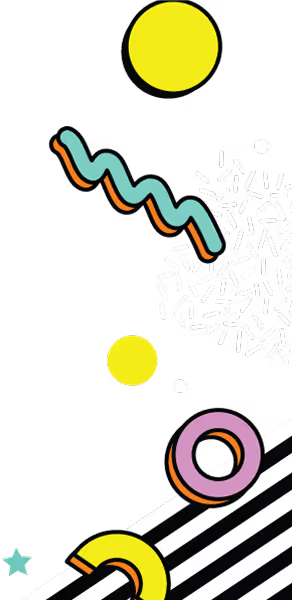Sunshine Coast's Largest
Social Sport Club
Your Best Life Starts Here: Feel Happier, Laugh More, Get Fit With Friends.

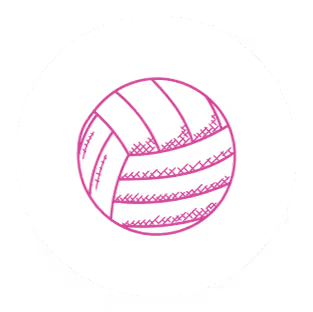







3 Steps To Start Playing
Life is hard, but getting started with SportUP is as easy as 1 2 3....
1
Choose your preferred
venue & night
With over 25 competitions across 3 premium Sunshine Coast venues, it's so easy to start playing.
2
Pick the perfect
competition
Our 'get playing' concierge will help you find the perfect competition for your teams skill level.
3
Sign up
and play
One simple team fee. Simply sign up and step straight onto the court next week!
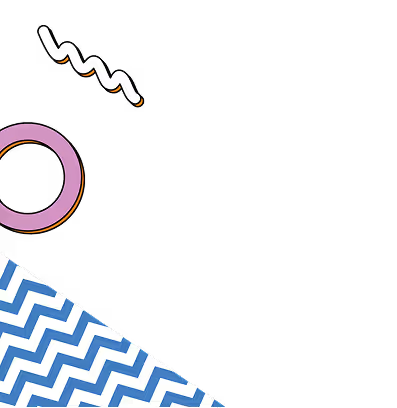

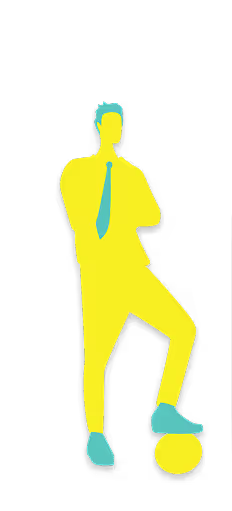

Why Play with SportUP
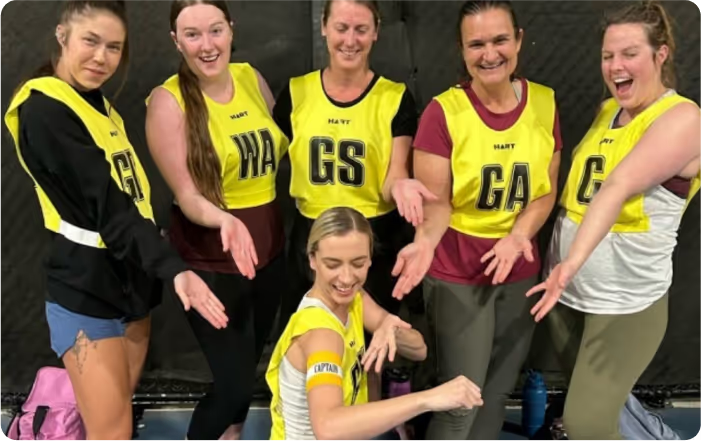
Play Anywhere on the Sunshine Coast

3 Premium Sunshine Coast Venues

25+ Competitions

Play as an Individual or as a team
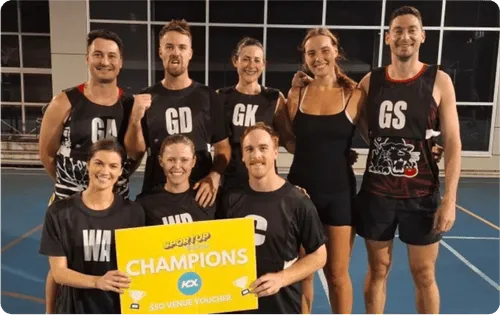
Social Competitions

Tunes for every game 🎶

Most Social Team Prizes

Beginner Friendly Referees

Fast & Easy Booking

One Simple Team Fee

Personal 'Get Playing' Concierge

Local Competition Manager
You Speak, We Share
Our whole mission is to get you playing social sport again as an adult.




Corporate Team?








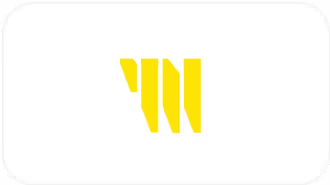

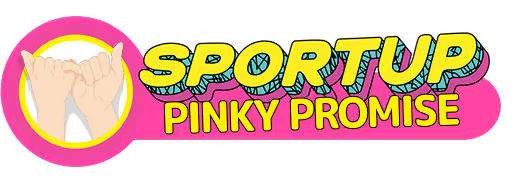
❤️ Your Competition Pinky Promise
If you or your team don’t absolutely love your first game, we’ll do whatever it takes to make it right:
✅ Find you a better fit (different league, skill level, or venue)
✅ Cover your next game for free to try again
✅ Or give you 100% of your money back—no questions asked!
Just notify the SportUP team via call or email within 24 hours after your first game, and we’ll honour our promise—guaranteed.

❤️ Your Competition Pinky Promise
If you or your team don’t absolutely love your first game, we’ll do whatever it takes to make it right:
✅ Find you a better fit (different league, skill level, or venue)
✅ Cover your next game for free to try again
✅ Or give you 100% of your money back—no questions asked!
Just notify the SportUP team via call or email within 24 hours after your first game, and we’ll honour our promise—guaranteed!
Our Sponsors

Ben Miles Electrical

Laserzone

Grill'd Kawana

Strike Holey Moley

.avif)





